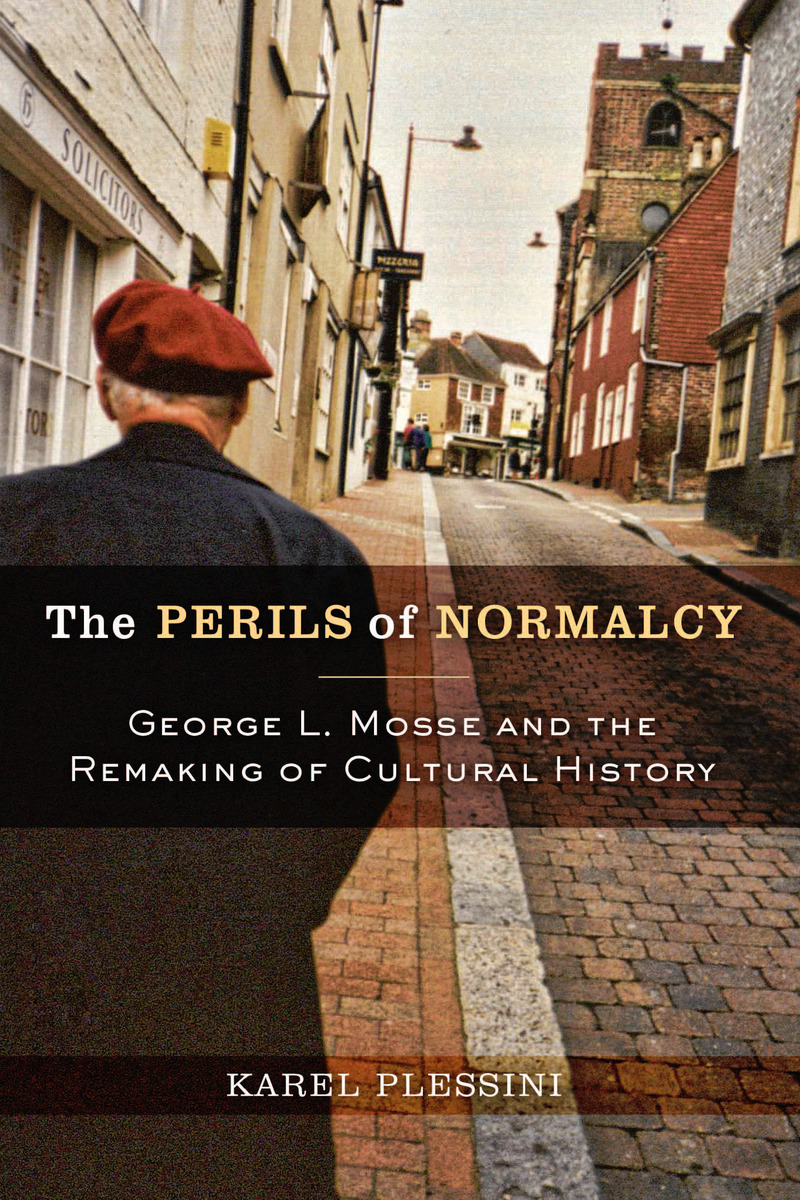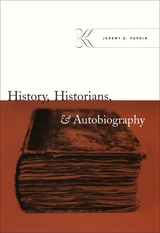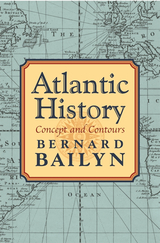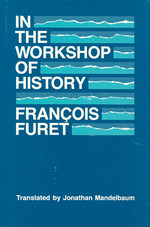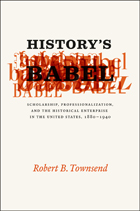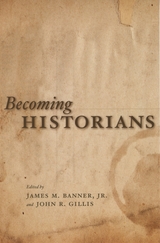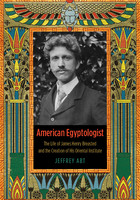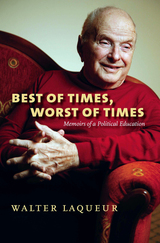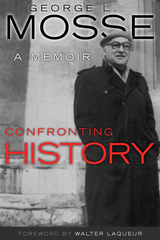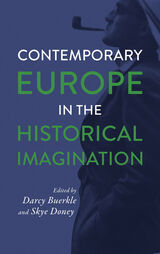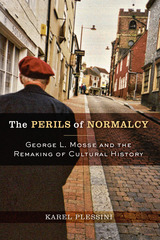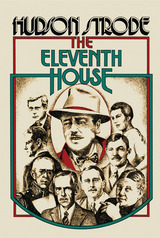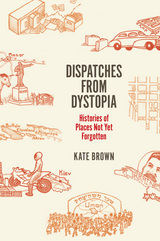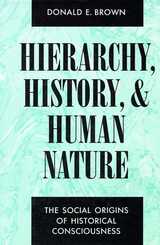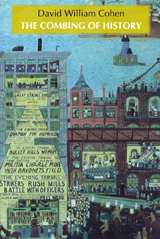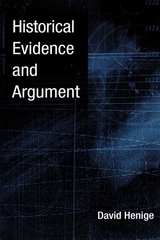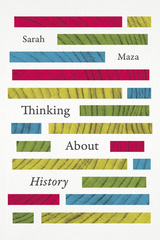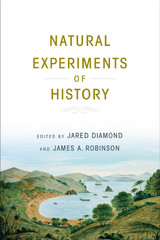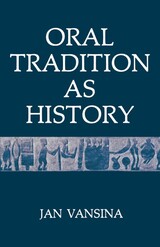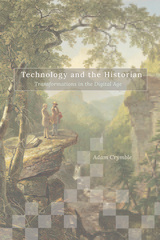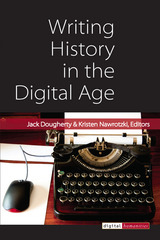The Perils of Normalcy: George L. Mosse and the Remaking of Cultural History
University of Wisconsin Press, 2014
Paper: 978-0-299-29634-6 | eISBN: 978-0-299-29633-9 (all)
Library of Congress Classification D15.M668P55 2014
Dewey Decimal Classification 907.202
Paper: 978-0-299-29634-6 | eISBN: 978-0-299-29633-9 (all)
Library of Congress Classification D15.M668P55 2014
Dewey Decimal Classification 907.202
ABOUT THIS BOOK | AUTHOR BIOGRAPHY | REVIEWS | TOC | REQUEST ACCESSIBLE FILE
ABOUT THIS BOOK
A taboo-breaker and a great provocateur, George L. Mosse (1918–99) was one of the great historians of the twentieth century, forging a new historiography of culture that included brilliant insights about the roles of nationalism, fascism, racism, and sexuality. Jewish, gay, and a member of a culturally elite family in Germany, Mosse came of age as the Nazis came to power, before escaping as a teenager to England and America. Mosse was innovative and interdisciplinary as a scholar, and he shattered in his groundbreaking books prevalent assumptions about the nature of National Socialism and the Holocaust. He audaciously drew a link from bourgeois respectability and the ideology of the Enlightenment—the very core of modern Western civilization—to the extermination of the European Jews.
In this intellectual biography of George Mosse, Karel Plessini draws on all of Mosse's published and unpublished work to illuminate the origins and development of his groundbreaking methods of historical analysis and the close link between his life and work. He redefined the understanding of modern mass society and politics, masterfully revealing the powerful influence of conformity and political liturgies on twentieth-century history. Mosse warned against the dangers inherent in acquiescence, showing how identity creation and ideological fervor can climax in intolerance and mass murder—a message of continuing relevance.
In this intellectual biography of George Mosse, Karel Plessini draws on all of Mosse's published and unpublished work to illuminate the origins and development of his groundbreaking methods of historical analysis and the close link between his life and work. He redefined the understanding of modern mass society and politics, masterfully revealing the powerful influence of conformity and political liturgies on twentieth-century history. Mosse warned against the dangers inherent in acquiescence, showing how identity creation and ideological fervor can climax in intolerance and mass murder—a message of continuing relevance.
See other books on: 1918-1999 | Historians | Mosse, George L. (George Lachmann) | Perils | Social Scientists & Psychologists
See other titles from University of Wisconsin Press
